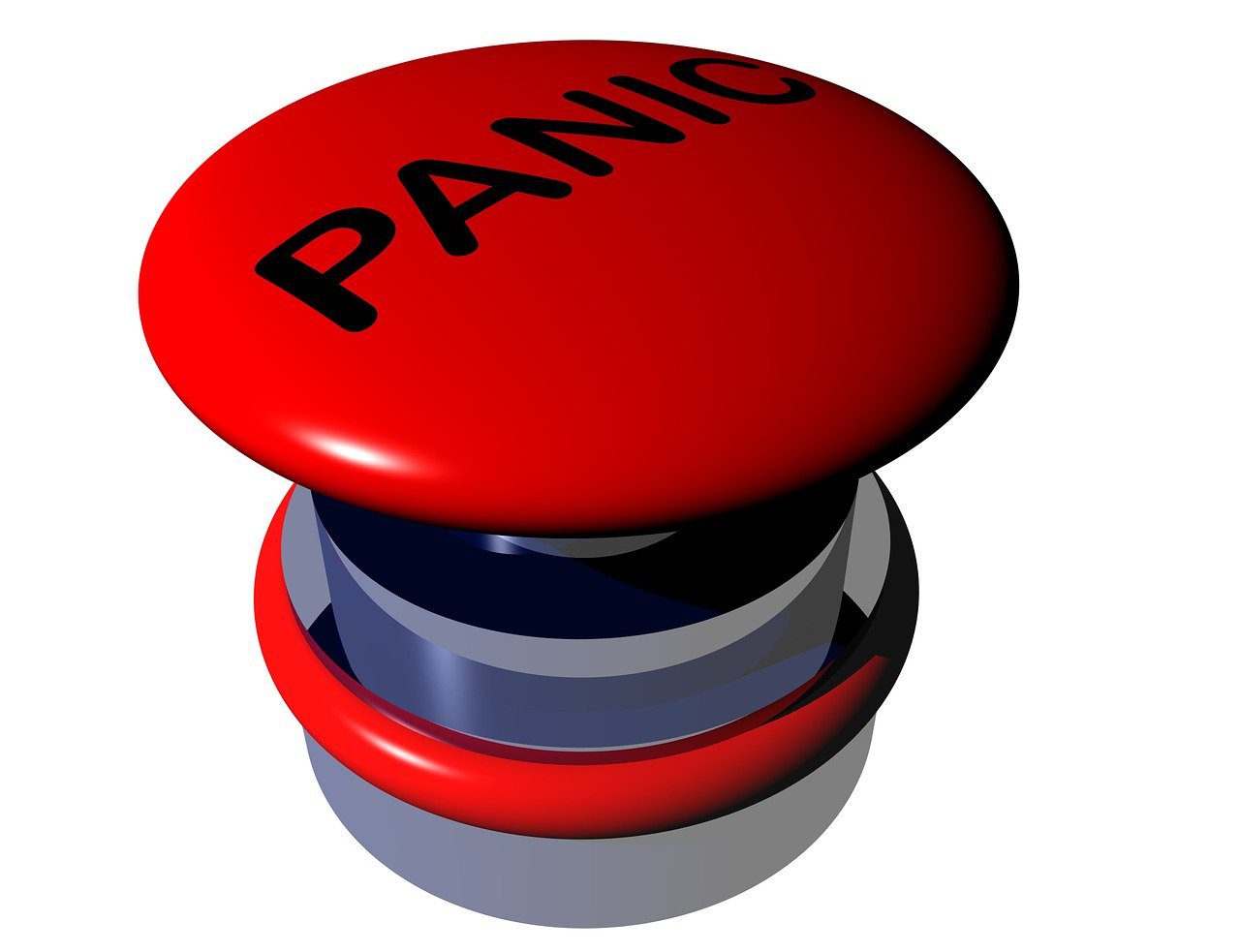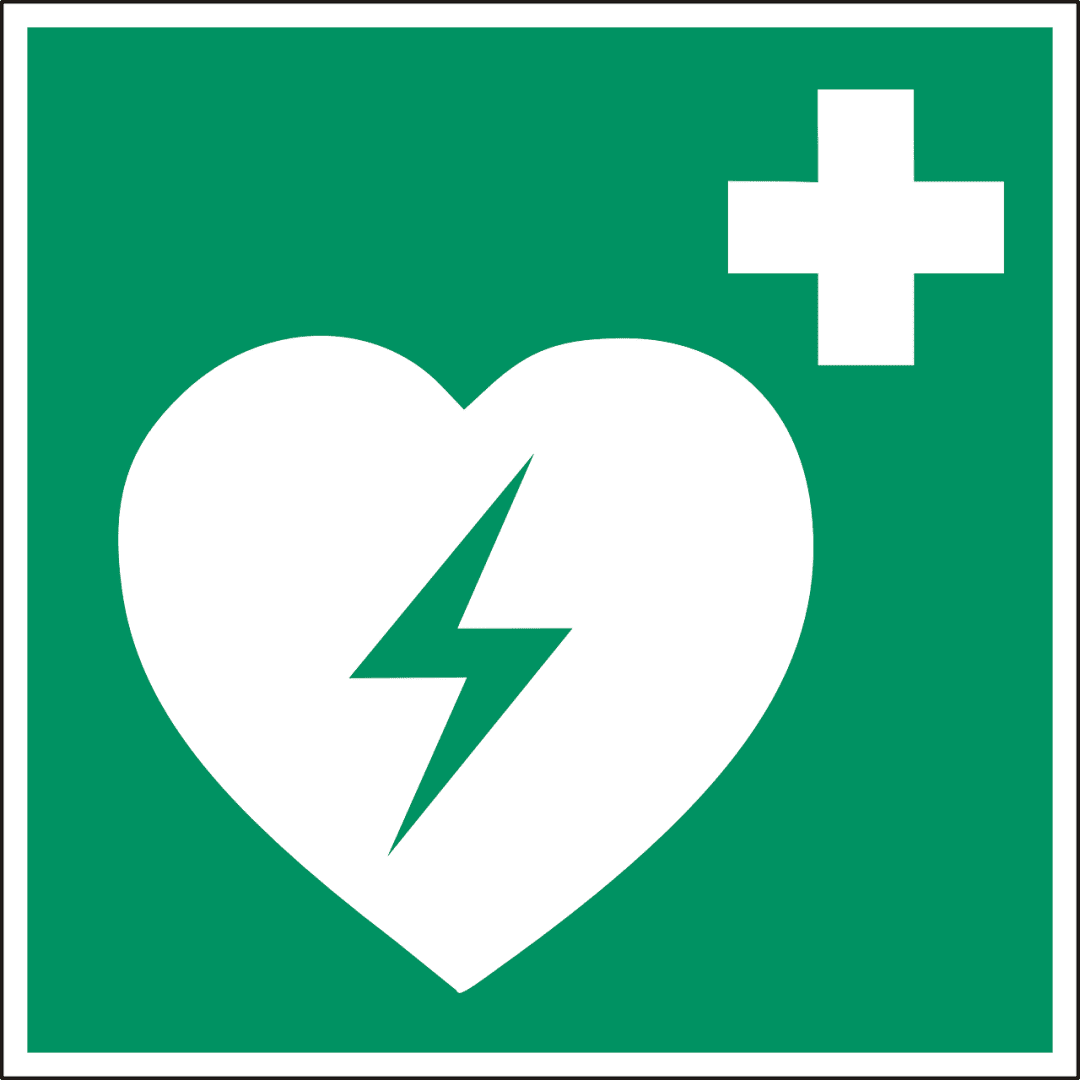Panic is not a feeling anyone likes to have. The intensity of physical and psychological symptoms is often frightening. During a panic attack, you may feel as if you will die or lose total control. However, neither is likely to happen. Still, no one wants to experience the discomfort that comes with these attacks.
What can you do when panic strikes? Here are 12 steps you can take to ward off panic attacks and live a less anxious life:
- Don’t panic about panic. Panic will not lead to a heart attack, suffocation, fainting, falling or you going crazy. You may feel as if these things are about to happen because of the physical sensations you experience. The reality is these sensations will pass, and your health will not be endangered. Panic is very unpleasant, but not dangerous.
- Don’t tense up and try to resist the panic symptoms. Instead recognize the symptoms and tell yourself you can handle them. They will pass. Push through the anxious feelings.
- Repeat a positive statement over and over. g., I can ride this out and be OK. Nothing terrible is going to happen to me. This will soon pass. I can practice relaxing right now.
- Know what triggers panic attacks. There may be a pattern or specific thing that brings on panic. Try to record what was happening prior to the attack and see if you can find a common trigger. For example, panic may come every time you see your stepfather, when you are enclosed in a space, have to speak public ally, or see a large dog, etc.
- Temporarily leave the situation if it is the cause of the panic. You don’t want to run away from anxiety-provoking people, situations or things but it is OK to leave for a short period of time, calm down and then return.
- Talk to someone. This might help distract your mind from the feelings of panic.
- Get up and move around. Physical movement may dissipate some of the adrenalin leading to panic.
- Focus on an object near you to distract yourself. Play a puzzle, game, repeat numbers in your head, sing –anything that takes your mind off the panic symptoms.
- Think about something calming and peaceful. Picture yourself relaxed and in the presence of God. Or a beach or snowy cabin in the woods. Visualize a calm and peaceful place.
- Practice relaxation strategies like deep breathing and muscle tensing/relaxing.
- Eliminate stimulants from your diet (caffeine, nicotine, certain medications). These can aggravate and trigger anxiety.
- Consider anti-anxiety medications. These are not for everyone, but sometimes medication can combat anxiety and give you time to practice new coping skills. There are a number of medications options, but the SSRIs are the first line of defense. See a qualified physician who knows how to treat panic.
The most important thing to remember when it comes to fighting panic attacks is that you will not die and can overcome them. In addition to these practical steps, learn and repeat scriptures regarding fear and anxiety. God hasn’t given you a spirit of fear. The Bible has much to offer when it comes to combating worry and anxiety.



